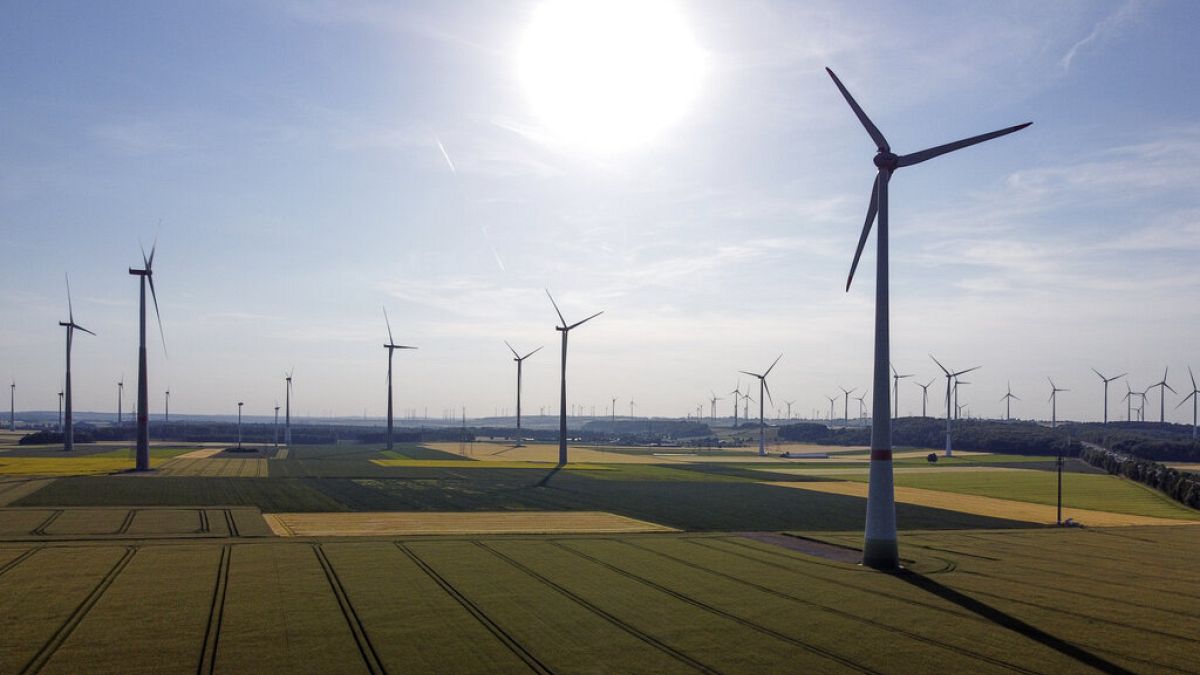Spending overestimation on climate projects and miscount of actual sums spent in EU countries flagged by the latest report from the European Court of Auditors.
Croatia, Greece and Portugal are some of the member states claiming to have applied EU funds for climate-relevant measures “not as green as described”, according to a European Court of Auditors’ (ECA) report published today (September 11).
In their latest report, EU auditors found that Croatia and Portugal have inflated potential climate contributions to some projects, such as clean urban transport and forest climate adaptation. Despite identifying a positive spillover effect on climate, EU auditors argue that both member states have exacerbated the share of money calculated and planned for ‘climate action’ under the European Commission’s formula.
Actions assessed as making a substantial contribution to climate change are given a 100% coefficient, actions with a non-marginal, positive contribution a rate of 40%, and funds with a neutral or insignificant contribution a rate of 0%, the EU auditors explained.
As of February 2024, the Recovery and Resilience Facility (RRF), created in response of the EU’s pandemic recovery fund, disbursed €275bn to support the EU’s climate goals across the bloc, according to the EU executive. Today’s audit coming from the Luxembourg-based EU body determined that the overall contribution from the RRF to the green transition was “unclear”.
The contribution to the green transition refers to reforms and investments in green technologies and capacities, including biodiversity, energy efficiency, building renovation and the circular economy.
In Greece, green funds were given to build a new pumped storage hydropower plant but the environmental impact of the construction was not assessed, EU auditors found: “The potential harm to biodiversity was not assessed for the measure and mitigating steps were not identified.”
EU auditors also flagged Slovakia in relation to the modernisation of hydropower plants, of biogas or biomethane installations, for having setting a budget too high for the target to be achieved and called into question the ambition of the projects’ targets.
“The amounts Slovakia approved for these projects correspond to 30% of the estimated costs of the measure. The remaining 70% of the support could therefore only aim to achieve 6% of the target, showing that the measure could have been achieved at a fraction of the cost as the target was set very low,” the ECA report ran.
Joëlle Elvinger, the ECA auditor responsible for the report said the RRF, of which at least 37% have to be earmarked for climate action, was a major investment across the EU “if properly implemented” and it “should greatly accelerate the fulfilment of the EU’s ambitious climate targets”.
“However, it currently suffers from a high level of approximation in the related plans, as well as discrepancies between planning and practice, and ultimately provides little indication of how much money goes directly to the green transition,” Elvinger regretted.
Olivier Vardakoulias, finance and subsidies coordinator at the NGO Climate Action Network (CAN) Europe, told Euronews that the climate mainstreaming methodology employed under the RRF leads to an overstatement of actual climate and green transition investments and that the RRF’s governance provisions don’t ensure an effective monitoring.
“The new ECA report unfortunately confirms that the fears of civil society organisations were fully justified,” said Vardakoulias.
“In the short term, member states should take note of the report’s conclusions by urgently accelerating the absorption of existing funds for genuine green transition investments; in the medium term, a reformed EU budget should significantly improve both climate ‘tracking’ methodologies,” Vardakoulias suggested, referring to the Commission’s coefficient to assess project’s contribution to the green transition.

